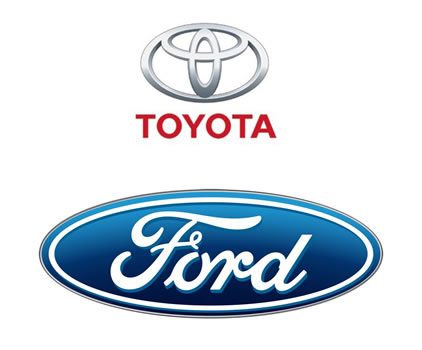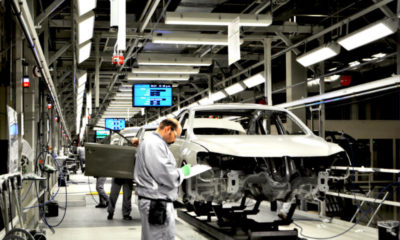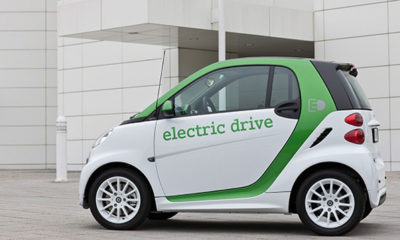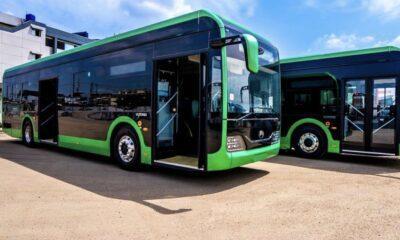Automakers are planning to spend $1.2 trillion through 2030 to develop and produce millions of Electric Vehicles (EVs), along with the batteries and raw materials needed for production processes.
According to analysis, global automakers are expected to produce 54 million battery electric vehicles in 2030, a 50% increase when compared to the total number of vehicles expected to be produced during the same period.
To support that unprecedented level of EVs, carmakers and their battery partners are planning to install 5.8 terawatt-hours of battery production capacity by 2030, according to data from Benchmark Mineral Intelligence and the manufacturers.
Tesla motors takes the lead as its Chief Executive Officer Elon Musk has disclosed his plan to build a total of 20 million EVs in 2030, which will require an estimated 3 terawatt-hours of batteries.
Musk in late October disclosed that his company is already working on a smaller vehicle platform targeted to cost half as much as the Model 3 and Model Y.
Although did not disclose how much it intends to spend, however, it hopes to reach exponential growth — a 13-fold increase over the estimated 1.5 million vehicles it hopes to sell this year which will cost hundreds and billions of dollars
Germany’s Volkswagen follows closely behind Tesla as it has mapped out plans through the end of the decade. Volkswagen is targeting over $100 billion to build out its global EV portfolio, add new battery “gigafactories” in Europe and North America and lock up supplies of key raw materials.
Japan’s Toyota Motor Corp plans to spend $70 billion on the production of its electric vehicle and also more batteries, which it expects to sell at least 3.5 million battery electric models (BEVs) in 2030. The company plans at least 30 different BEVs and expects to transition the entire Lexus range to battery electric over that span.
Ford Motor Co has continued to spend heavily on its new EVs which is now at $50 billion and at least 240 gigawatt-hours of battery capacity with its partners as it aims to produce around 3 million BEVs in 2030.
Mercedes-Benz has set aside at least $47 billion for EV development and production, nearly two-thirds of that to boost its global battery capacity with partners to more than 200 gigawatt-hours.
BMW, Stellantis and General Motors each plan to spend at least $35 billion on EVs and batteries, with Stellantis laying out the most aggressive battery program: A planned 400 gigawatt-hours of capacity with partners by 2030, including four plants in North America.
The electric car industry has so far recorded tremendous growth, after a decade of rapid growth, in 2020 the global electric car stock hit the 10 million mark, a 43% increase over 2019, and representing a 1% stock share.
On the other hand, Battery electric vehicles (BEVs) accounted for two-thirds of new electric car registrations and two-thirds of the stock in 2020.














